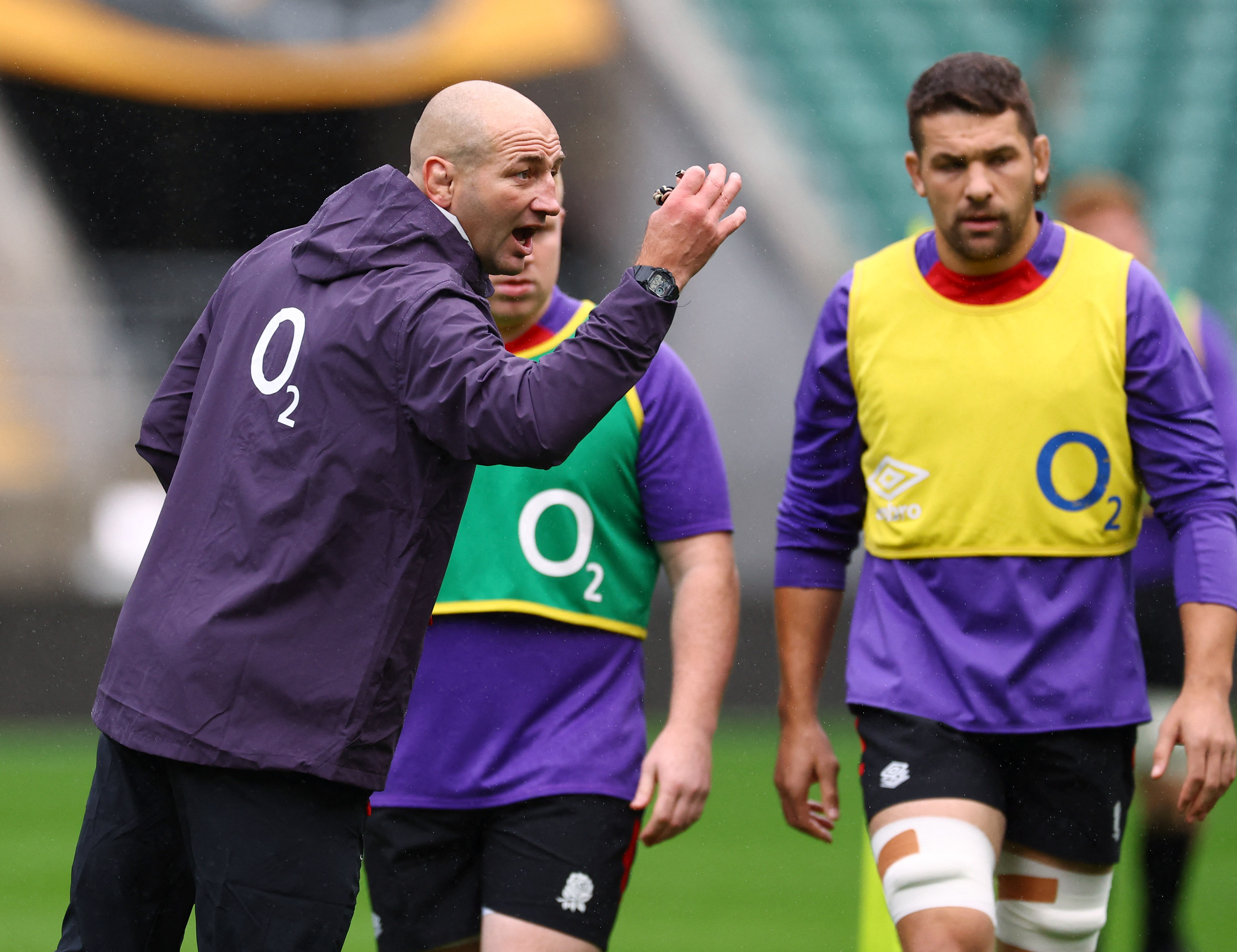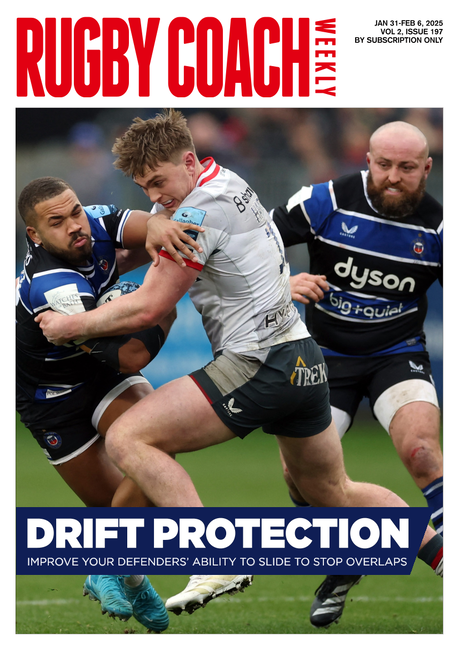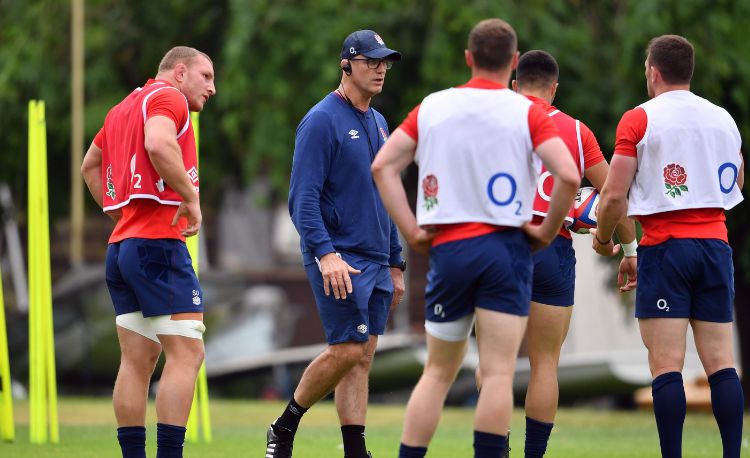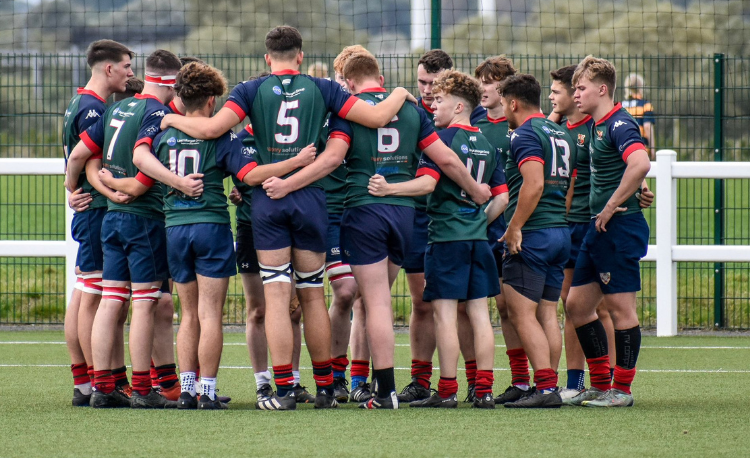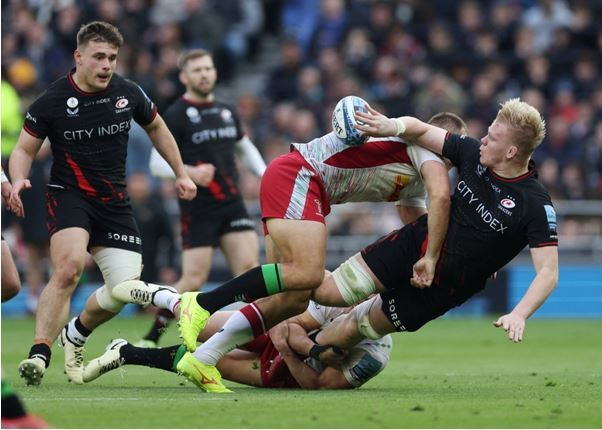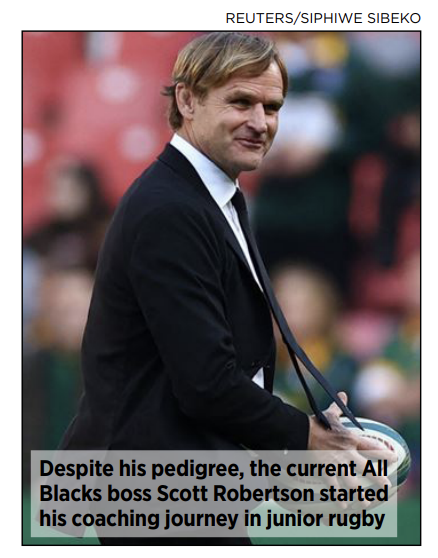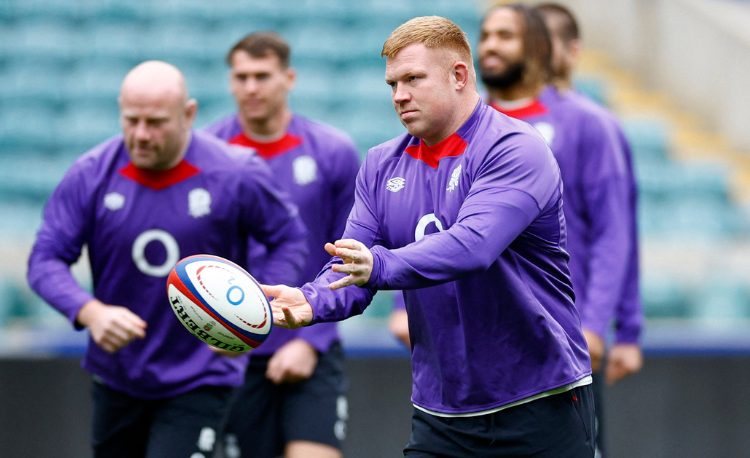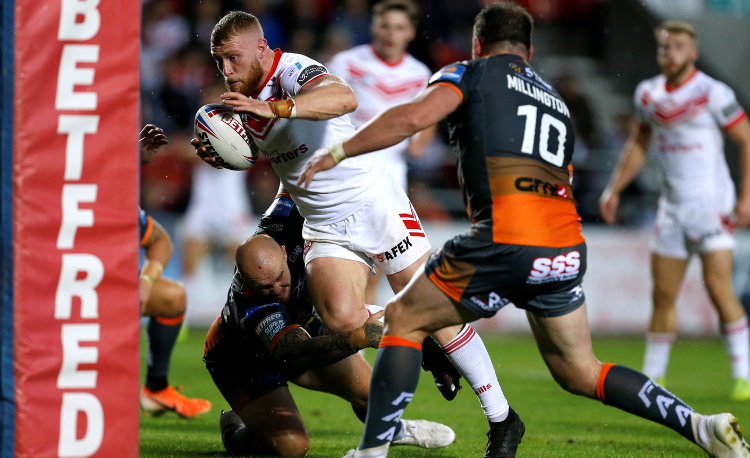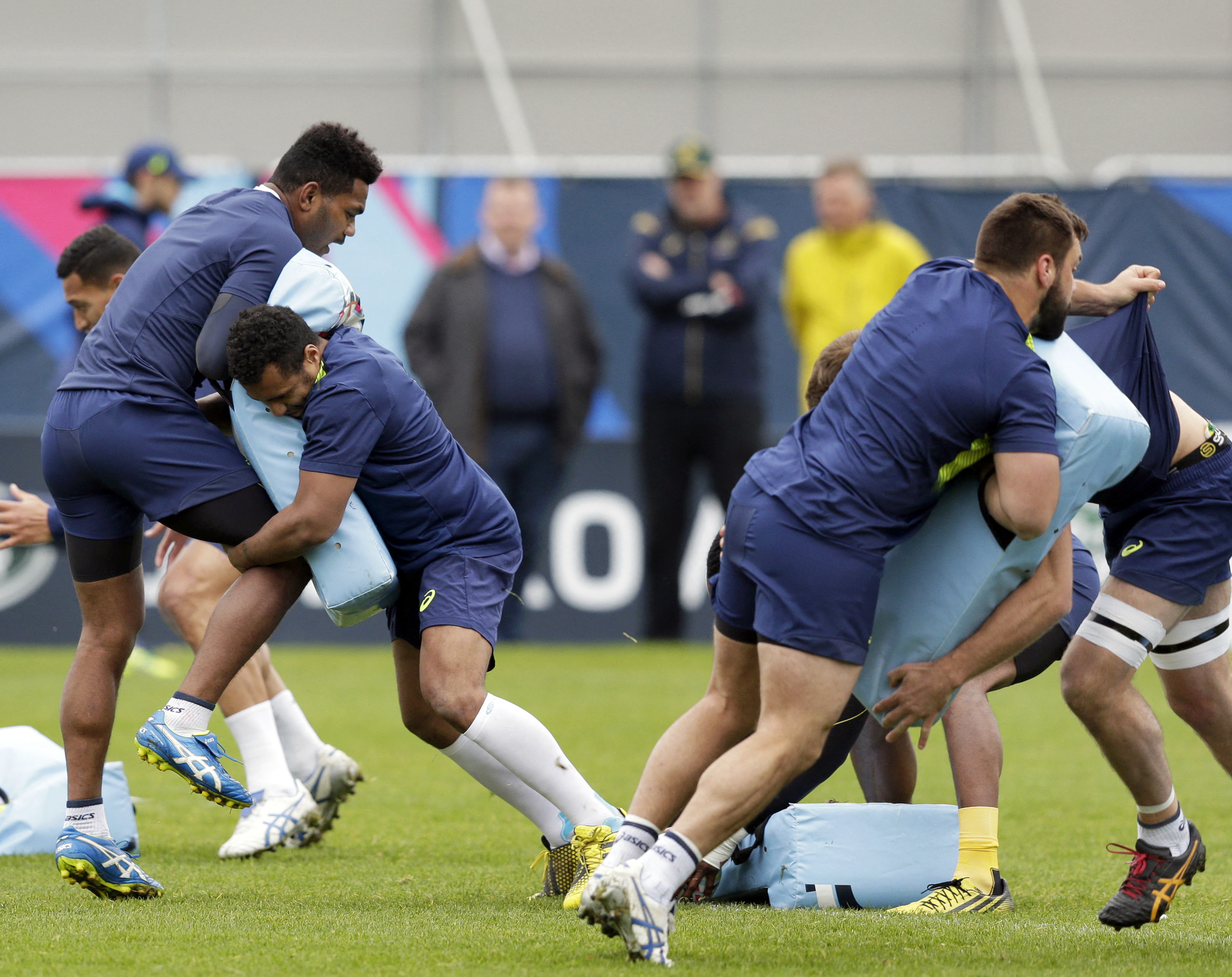Spreading the news
There are some ideal ways of telling players who is in the team – but your hand may be forced by timing and availability.
It is best that the team is announced to the whole squad in person, if at all possible.
I would always deliver bad news first. The management of non-selected players is key not just to high-performance international players, but whatever team you are dealing with.
If you are with the players every day, you can meet them in person on most occasions. Otherwise, you will need to find a way of speaking to them directly, probably via a phone call.
Emailing or texting them is the last resort, unless they have specifically asked to be told that way. If they haven’t, you should only do it if the player is unable to take a call. However, you should know the windows of opportunity to speak to the player.
Set out your stall early
At the start of the season, I ask players what method of communication they prefer.
As senior coach, I will be the one who gives the bad news. I give the rewarding job, of telling players they have been selected, to the assistant coaches.
This type of communication dramatically changes during a day-long, or two-day, tournament.
At a Sevens tournament, for example, where you are selecting a team every couple of hours, you have to have your wits about you to tell players they are in or out of the semis or the final.
As a season or tournament progresses, the timing of the selection gets further and further back from the matchday.
Initially, we want players to be firing as long as possible before the game, trying to prove their worth to the team. As things progress, and as the team becomes more settled, we can announce who is playing earlier.
Whatever way you choose, honesty must drive everything.
Ways to talk about bad days
Remember – all players, at all levels, will have bad games.
At the elite level, you measure this by bench-marking each international player within your squad. You can tell if he or she reached their potential for the game. That can work at all levels.
For elite players, consistency is greater for those who are more experienced or talented.
Take, for example, selection debates between Marcus Smith and George Ford, or Henry Pollard and Manie Libbok. Ford and Pollard vary rarely had bad games, even by their own high standards.
But, whoever the player at whatever the standard, everyone wants help and feedback off the back of poor or indifferent performances. You have to address it head on.
Again, you have to be honest. But if the environment is positive, and your aims are clear, the player will be most of the way to recognising what went wrong, and therefore on the path to looking for ways to correct this.
Related Files
Newsletter Sign Up
Coaches Testimonials

Gerald Kearney, Downtown Las Vegas Soccer Club

Paul Butler, Florida, USA

Rick Shields, Springboro, USA

Tony Green, Pierrefonds Titans, Quebec, Canada
Subscribe Today
Be a more effective, more successful rugby coach
In a recent survey 89% of subscribers said Rugby Coach Weekly makes them more confident, 91% said Rugby Coach Weekly makes them a more effective coach and 93% said Rugby Coach Weekly makes them more inspired.
Get Weekly Inspiration
All the latest techniques and approaches
Rugby Coach Weekly offers proven and easy to use rugby drills, coaching sessions, practice plans, small-sided games, warm-ups, training tips and advice.
We've been at the cutting edge of rugby coaching since we launched in 2005, creating resources for the grassroots youth coach, following best practice from around the world and insights from the professional game.
